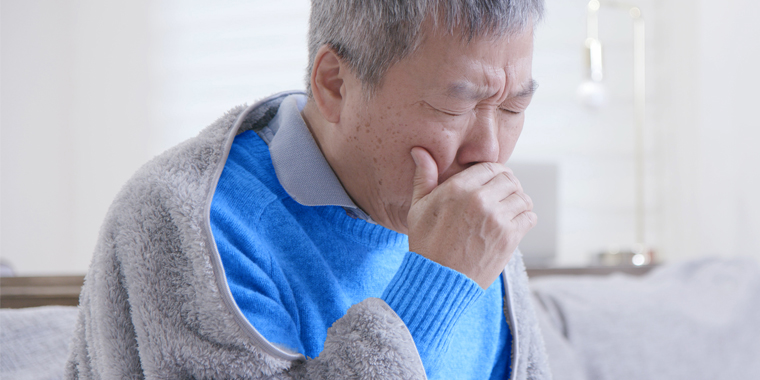RSV Vaccine Closer To Reality For 60+

Answer a few questions and we'll provide you with a list of primary care providers that best fit your needs.
Cases of RSV, or respiratory syncytial virus, spiked among young children this past fall, straining hospitals across the country.
RSV also poses risk of severe illness, hospitalization, and even death in older adults. But there’s promising news: Food and Drug Administration advisers have recommended that the agency approve two RSV vaccines for seniors, 60 and over. One has been developed by Pfizer, the other, GlaxoSmithKline.
What does this mean? Premier Health Now asked Roberto Colón, MD, chief medical officer at Miami Valley Hospital and vice president of quality and safety for Premier Health.
RSV, he says, poses “a significant burden” for seniors. “In many (years) it can cause over 170,000 hospitalizations for older adults.”
He adds, “Most people who get this virus have mild symptoms. However, as we age, we are much more likely to have severe disease.” RSV causes about 10,000 deaths a year. “In some years, it outpaces influenza deaths.”
FDA approval could take several months. And before the RSV shots can become available to the public, they must be recommended by the Centers for Disease Control and Prevention. That would make them the first approved RSV vaccines in the U.S.
Dr. Colón says that the Pfizer vaccine has been shown to be 87 percent effective in reducing the risk of RSV in people 60 and over.
The FDA panel recommended the Pfizer vaccine 7-4 and voted unanimously to recommend the GlaxoSmithKline vaccine. The split vote on the Pfizer shot, he explains, likely came from “a lot of caution over potential side effects.”
Primary side effects include fatigue and muscle soreness. Dr. Colón attributes the hesitation of some of the panel members to “lessons we learned in the roll out of the COVID vaccinations. We had some instances of very rare manifestations of neurological disease like Guillain-Barré syndrome.” Guillain-Barré (GBS) is a rare disorder that damages nerve cells and causes muscle weakness or paralysis.
“This caused people to have a moment of pause.” But, he adds, “When we look at the frequency of GBS in older adults, it may actually be in the range expected. We just need more data to make people more comfortable.”
To further evaluate the risk of Guillain-Barré syndrome, the FDA has asked Pfizer to conduct another study after the vaccine is approved.
Trial data recently published in the New England Journal of Medicine shows that the GlaxoSmithKline vaccine lowered risk of symptomatic illness by 83 percent and severe illness by 94 percent.
Answer a few questions and we'll provide you with a list of primary care providers that best fit your needs.
Source: Roberto Colón, MD, chief medical officer at Miami Valley Hospital and vice president of quality and safety for Premier Health; NBC News





